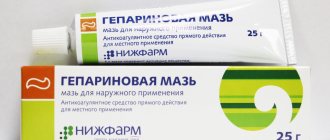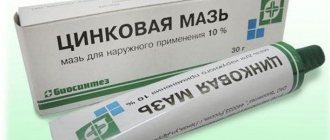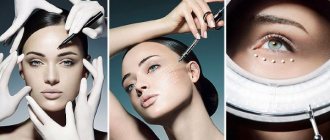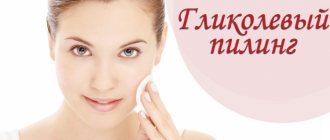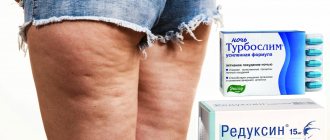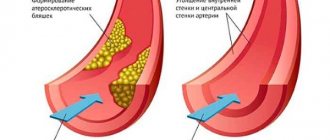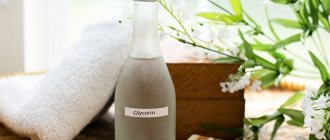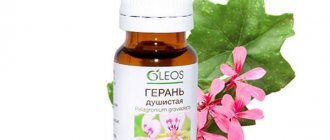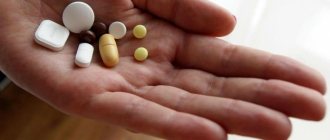Hydroquinone - what is this substance?
Hydroquinone is a bleaching agent that reduces the production of melanin (the pigment that forms birthmarks, freckles , and also determines hair and eye color) in the skin. This substance is used in all lightening products for the face, body, and hair.
Despite its widespread use and effectiveness, hydroquinone is considered a very toxic element. Since 1961, it has been in great demand: the substance can quickly whiten the skin in 4-6 weeks. There are 2 types of hydroquinone: 2% (for removing light spots) and 4% (for complex pigmentation).
Indications and contraindications
Regular use of hydroquinone cream helps women eliminate melasma and chloasma, lentigo spots and pigmentation. Its effectiveness has been proven in practice by many women and men for whom other means have not worked.
Hydroquinone is contraindicated for use by people with a predisposition to cancer or leukemia, because the substance can cause the development of these ailments.
Hydroquinone cream is also undesirable for use during lactation and by pregnant women . Such cosmetics can have a detrimental effect on the condition of allergy sufferers or people with individual intolerance.
In addition, they should not be used on irritated or damaged skin. It is better to wait until the wounds are completely restored.
Benefits and harms
The benefit of hydroquinone is guaranteed whitening from age spots. Drugs containing this substance are popular, but not all are available for purchase. Creams with hydroquinone are an effective product, so the high price corresponds to the quality.
The substance causes great harm if it is used thoughtlessly: in violation of the instructions, dosage and period of administration. A minimal amount of hydroquinone is added to the cream - this is enough for a visible result.
With prolonged use of this substance, pigmentation may increase and skin color may change. Whitening creams should not be used on hot days due to the interaction between the sun and hydroquinone (it becomes poisonous when exposed to ultraviolet radiation).
Hydroquinone for skin - why it is banned in developed countries
Hydroquinone is a rather aggressive chemical element.
Its main function in whitening age spots is to neutralize melanin synthesis.
Pigmentation is the accumulation of melanin in the skin, which is formed due to the amino acid tyrosine.
The action of hydroquinone is aimed at blocking the oxidation of tyrosine. In this case, the formation of melanin is neutralized.
This is what we are looking for! We applied a cream with hydroquinone to the skin and the age spots “gone” forever. Not so simple!
This chemical is quite toxic and its content in cosmetics should not exceed 2%. Exceeding its dosage can lead to allergies, and exceeding the time of use of drugs with it (no more than 8 weeks) can lead to skin cancer.
This substance makes the skin vulnerable to solar radiation. It also leads to the destruction of collagen, the main substance responsible for the elasticity and youth of the skin.
It is worth noting that you will not find hydroquinone in any cream from a good manufacturer. And all because the use of this toxic substance is prohibited in Europe and other developed countries.
I tried to remove age spots for 10 years... And finally I removed them with the help of peeling with a regular pharmacy badya.
To be honest, I was shocked that everything turned out to be so simple!
Now I maintain a smooth and even complexion with the help of whitening creams, serums and masks.
If there are fresh age spots, they are very effective!
I recently bought a very decent Korean mask with 24 carat gold, which, in addition to evening out skin tone and lightening age spots, also smooths out wrinkles and makes the face firm and toned. I think this mask is ideal for aging skin. how to use this rejuvenating mask HERE...
